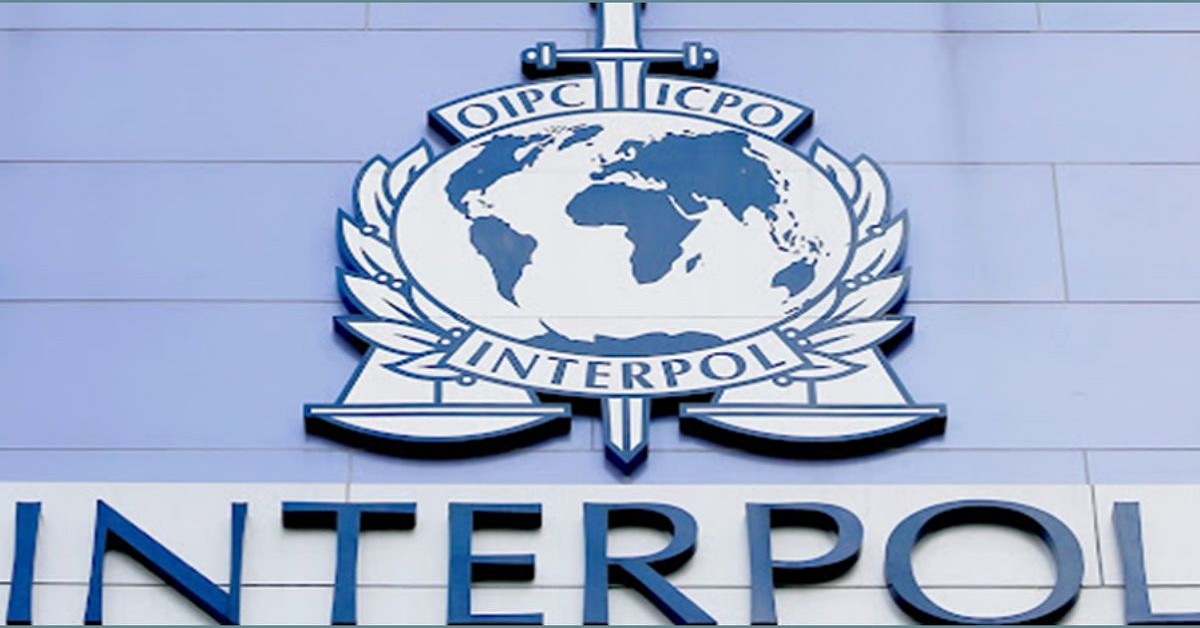
Understanding Interpol Errors and Legal Protection Strategies
Interpol, as an international police organization, plays a crucial role in global law enforcement. However, like any organization, it can make mistakes. Errors in Interpol’s documentation or notices can lead to serious legal consequences for individuals. Interpol error legal protection thenewsgod.com/when-interpol-makes-a-mistake-how-to-protect-yourself/ In this article, we explore the types of errors that can occur, their implications, and legal strategies for safeguarding your rights.
Types of Interpol Errors
Interpol may issue various notifications, the most common of which is the Red Notice. This notice is not an international arrest warrant but a request for member countries to locate and provisionally arrest individuals pending extradition. Errors can arise during the issuance of these notices or in their dissemination. Here are some common types of errors:
- Incorrect Identification: Errors may relate to the misidentification of individuals, where someone with a similar name or appearance is incorrectly flagged.
- Outdated Information: Sometimes, information may be outdated, with charges dropped or cases dismissed not reflected in the notice.
- Administrative Errors: Simple clerical errors may lead to issues in names, dates, and other crucial details, complicating legal situations.
Implications of Errors
Errors made by Interpol can lead to a wide range of implications for individuals mistakenly flagged. These can include:

- Detention and Arrest: Individuals may be detained upon crossing borders due to erroneous alerts, leading to significant distress and legal battles.
- Reputation Damage: Being associated with a criminal charge, even mistakenly, can have detrimental effects on one’s personal and professional reputation.
- Legal Consequences: Individuals may incur legal fees and face challenges in clearing their names, which can be a lengthy and complicated process.
Legal Protection Strategies
When faced with errors from Interpol, individuals can take several steps to protect themselves legally:
1. Stay Informed
Understanding how Interpol operates and the nature of its notices can empower individuals. Familiarize yourself with your rights and the processes in place for contesting errors.
2. Legal Representation
Engaging a lawyer with experience in international law or extradition cases can be critical. A legal professional can guide you through the complexities of dealing with Interpol notices and represent your interests effectively.

3. Rectifying Errors
If an error is identified, take immediate steps to rectify it. This can involve submitting requests for cancellation or correction to Interpol or relevant national authorities. Keeping documented evidence of your efforts is also essential.
4. Engaging with National Authorities
Contacting local authorities in your country can help clarify the situation. They may assist in negotiating with Interpol or advocating on your behalf to resolve the matter.
5. Public Awareness
Raising awareness about the mistake, through media or social channels, can sometimes expedite resolutions. However, this should be done with caution and preferably with legal advice.
Conclusion
While Interpol serves an important purpose in international law enforcement, errors can have serious consequences for individuals. Understanding these errors, their implications, and how to legally protect oneself can aid in navigating challenges that arise from wrongful identification or notifications. Awareness and preparedness are crucial in defending one’s rights in the event of an Interpol error.
In conclusion, while it is unfortunate that errors occur, it is possible to take proactive measures to protect oneself legally. By staying informed, seeking professional legal assistance, and knowing your rights, you can better navigate the complex landscape of international law enforcement.

Leave A Comment